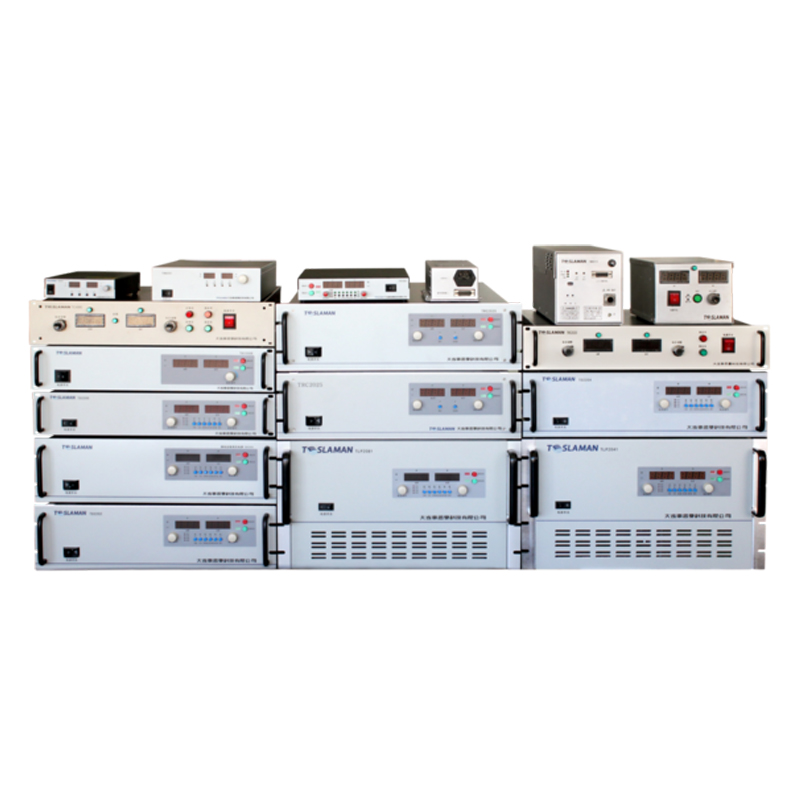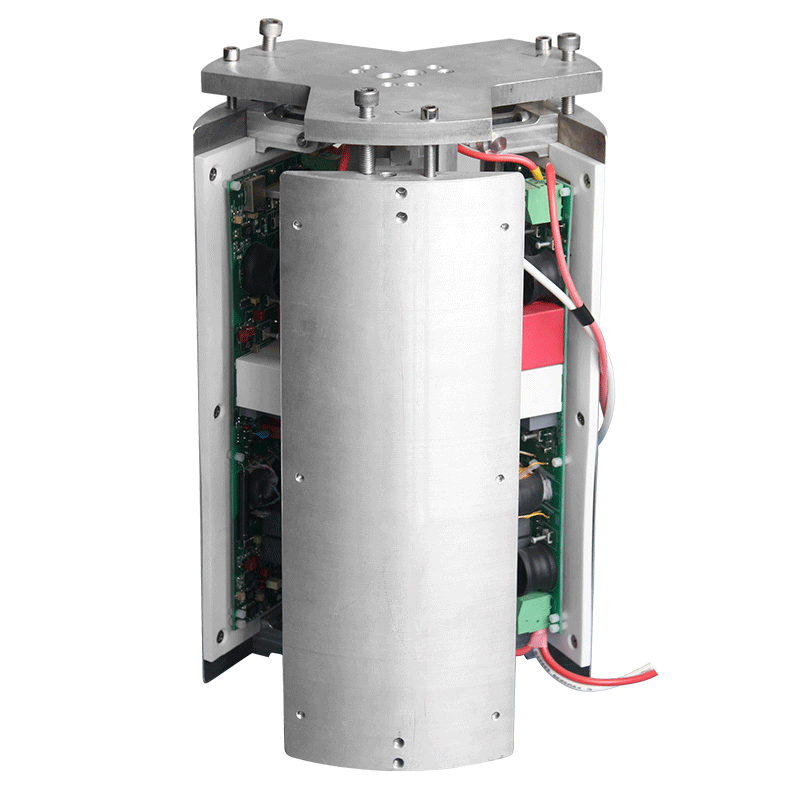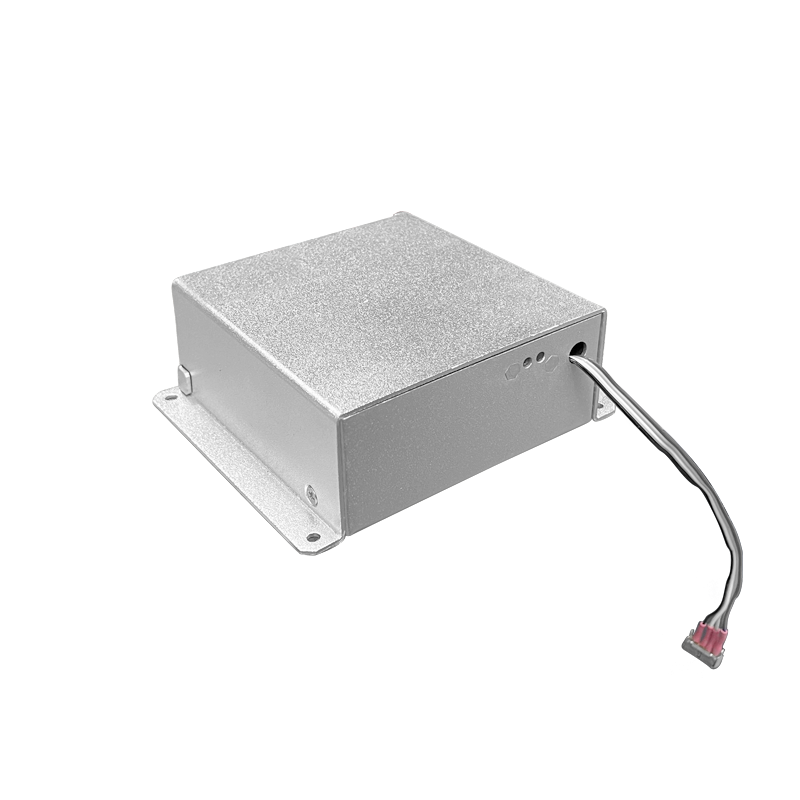Research on Switching Speed Optimization of Polarity-Reversible High Voltage Power Supplies
1. Physical Definition and Technical Boundaries
Switching speed is defined by voltage reversal time (t_r) and settling time (t_s), where t_r measures zero-crossing to 90% target voltage, and t_s includes full system stabilization. Industrial systems now achieve t_r below 200ns, while precision instruments require t_s <1ms. Key constraints include:
1. Topology impedance (<50mΩ)
2. Switch reverse recovery time (15ns for SiC)
3. Control system latency (<10ns)
2. Core Technical Approaches
1. Hybrid Topology Pre-Balancing
Combining push-pull and H-bridge structures with dynamic feedforward algorithms reduces t_r from 500μs to 120μs in 100kV systems, cutting energy loss by 42%. Applied in X-ray systems for 10kHz continuous switching.
2. High-Frequency Energy Recovery
Planar transformer leakage inductance forms LC resonance loops, achieving 93% efficiency at 2MHz. Plasma generators utilize this for 5μs polarity reversal.
3. Gradient Waveform Shaping
Segmented slope control with adaptive dead-time compensation limits voltage overshoot to 1.2%. Enables 10kV/μs slew rate with 800μs t_s in surface treatment equipment.
3. Application-Specific Speed Requirements
| Application | Voltage Range | Frequency | Speed Requirement | Key Features |
|--------------------|---------------|------------|-------------------|----------------------------|
| Electrochromic | 0.5-3kV | 0.1-1Hz | t_s <5s | Low-power mode |
| Particle Beam | 10-50kV | 10-100kHz | t_r <200ns | Nanosecond synchronization |
| Bioimpedance | 0.1-1kV | 1-10MHz | t_r <50ns | Ultra-low ripple |
| Industrial NDT | 30-150kV | 1-100Hz | t_s <2ms | High-current compensation |
4. Breakthrough Solutions
1. GaN Multi-Channel Architecture
8-parallel GaN HEMT modules achieve t_r=82ns at 100kHz, 6x faster than IGBT. 3D packaging limits parasitic inductance to <1nH.
2. Digital Twin Pre-Simulation
FPGA-based real-time prediction reduces t_s deviation from 12% to 2.3% in 50kV systems.
3. Cryogenic Energy Storage
YBCO superconducting coils enable μs-level energy release, cutting 100kW system losses to 7% of conventional designs.
5. Future Trends
1. Topology fusion: Combining LLC resonance with multilevel tech for 200kV systems with t_r <100ns
2. Material innovation: 2D semiconductors (e.g., MoS2) may reduce switching loss to 20% of SiC
3. Intelligent control: DL-based timing prediction to enhance dynamic response by 30%




















